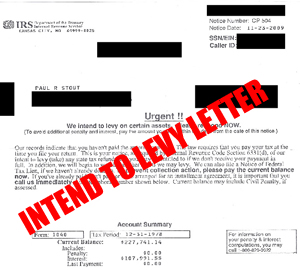Despite pouring nearly $380 million into a new tax enforcement initiative, the U.S. government took “limited or no action’’ in its campaign to battle secretive offshore holdings used to dodge taxes, according to a new report by a federal watchdog.
The Treasury Inspector General for Tax Administration (TIGTA) report paints a bleak picture of the agency’s ability to enforce a landmark Obama-era law meant to reign in shady offshore holdings by collecting information on foreign accounts directly from banks and other financial institutions.
Instead of ushering in a new era of tough scrutiny on offshore hideaways, the report says the new law produced a mountain of error-laden paperwork that the Internal Revenue Service (IRS) is struggling to validate, while some of the most important aspects of the agency’s responsibilities under the law have languished.
Known as the Foreign Account Tax Compliance Act, or FATCA, the offshore tax law was passed by Congress in 2010 in response to the proliferation of secret offshore activity. The law requires foreign financial institutions to identify their American clients and turn information regarding those clients over to the IRS. The IRS hoped U.S. taxpayers hiding money abroad would declare their assets for fear of being ratted out by their agents.
And, after the law’s original passage, the rate of Americans renouncing their citizenship, and thus no longer subject to FATCA’s tax provisions, accelerated after the law’s passage, according to Bloomberg News. But such extremes measures may have been unnecessary.
Responding to the TIGTA’s report, the IRS said that the roadmap was “not intended to be a comprehensive compliance plan” and that the planning document “could not envision future policy changes.” The IRS said the “report leaves the reader with the incorrect impression that FATCA is not being enforced.”
The law’s proper implementation rests on the IRS receiving accurate information from the financial institutions that provide details on foreign accounts. Yet, the report states that the related paperwork the IRS has received is rife with faulty taxpayer identification numbers. Among TIGTA’s recommendations that the IRS agreed to adopt is a pledge to address errors in paperwork.
In recent years, large staffing cuts have plagued the IRS’s efforts to collect taxes it is owed. In an interview with ICIJ in December, John Koskinen, the recently-departed commissioner of the IRS said:
--------------------------
Have a IRS Tax Problem?
Toll Free at 888-8TaxAid (888) 882-9243
Read more at: Tax Times blog
















